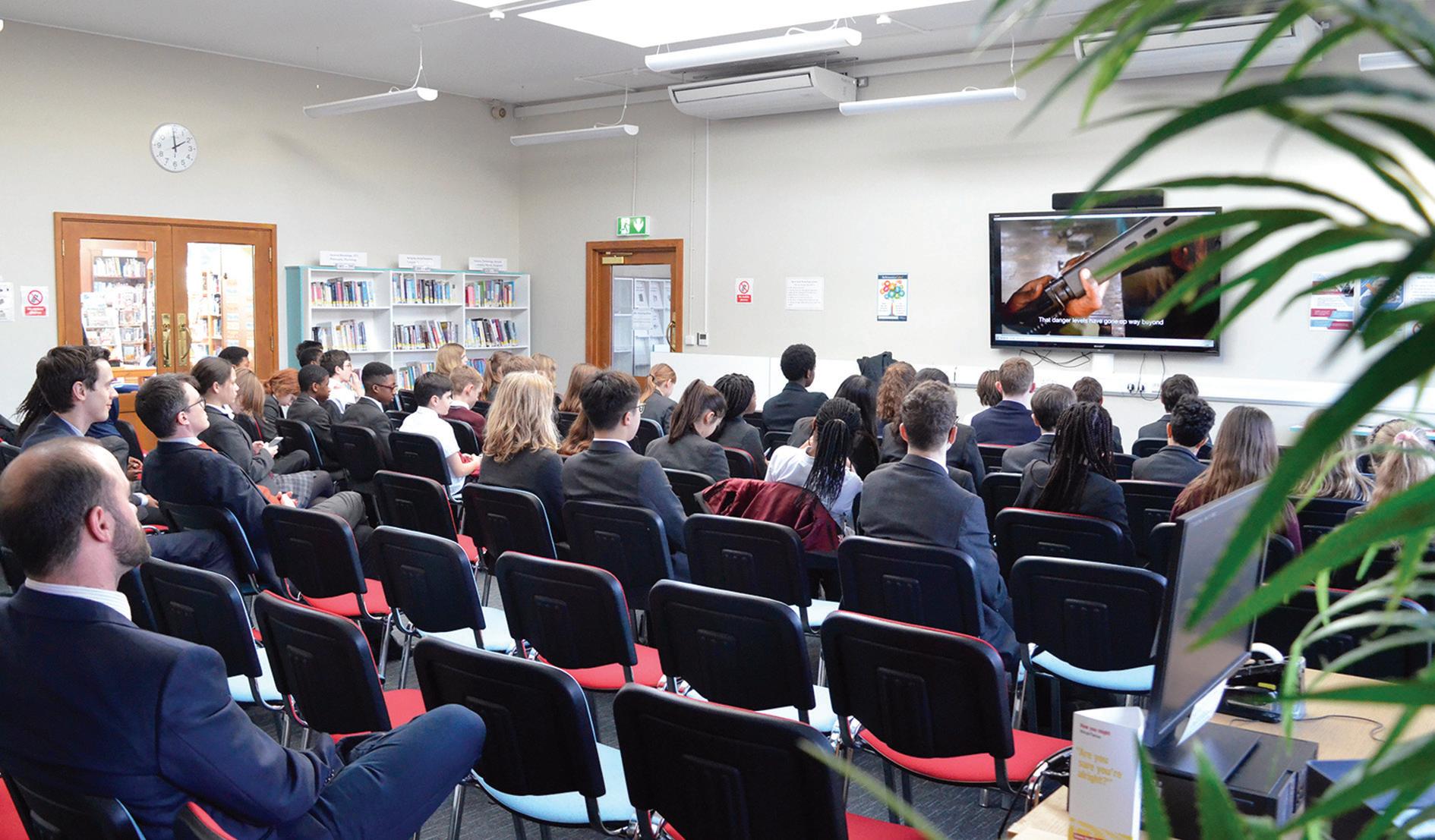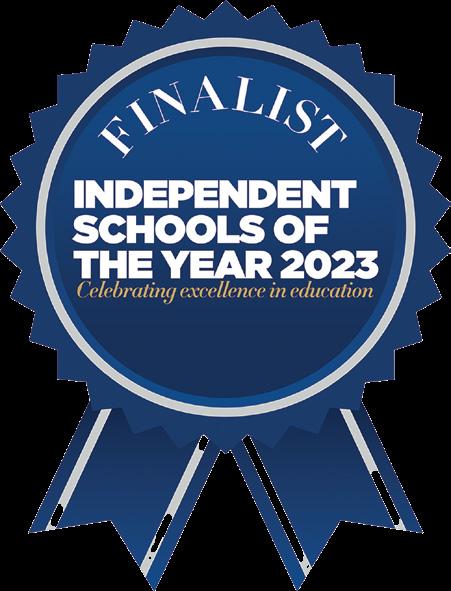

ST DUNSTAN’S COLLEGE THE STUART CURRICULUM

THE STUART ADDITIONAL CURRICULUM ST DUNSTAN’S COLLEGE
St Dunstan’s College’s curriculum for children is purposefully broad, and our approach to the Additional Curriculum is no exception! Alongside their academic subject lessons (which are known as our Hecker Curriculum, the 17 subjects students study from Year 7 onwards), all students have timetabled Stuart lessons from trained specialist teachers each week.
CHARLES MADDOCK STUART
Head of St Dunstan’s College from 1888-1922
Mr Stuart, after whom our Stuart Additional Curriculum is named, was a proponent of a practical hands-on learning, known as heuristic education. In an age where secondary school can all too often be viewed purely as securing examination outcomes, our Stuart Additional Curriculum follows Stuart’s educational philosophy to ensure pupils leave the College with the required skills to thrive as their authentic and individual selves in a changing world of the future.
Our Stuart Additional Curriculum encourages pupils to engage with a wide range of concepts across three strands of learning, each taught by specialist teachers:
• Relationships
• Skills for the Future
• Critical Thinking and Rhetoric
CURRICULUM STRANDS RELATIONSHIPS
(which includes sex education)
How can my identity thrive through interaction with others?
In their Relationships lessons, our learners explore how individual identity is shaped by relationships with others, and our teaching prioritises students developing a full understanding of the opportunities and challenges for maintaining healthy relationships as they journey towards adulthood. As a flavour, these Relationships Stuart lessons cover topics such as:
• Healthy relationships and how to achieve them
• Unhealthy relationships and how to challenge them
• My self-relationship, positive self-image, and social media
• Sexual change and development
• Diversity and equality, to include discrimination, racism, microaggressions, and the history of protest
SKILLS FOR THE FUTURE
How do I develop my own set of skills to navigate a changing world as a thriving individual?
A hallmark of our Additional Curriculum, this Stuart strand helps students develop a tool-kit of key practical skills that will support them in navigating the challenges of a changing world, and ensure that they leave St Dunstan’s equipped for adult life and the world of work. Students are equipped with such ‘skills for the future’ by learning practical knowledge of concepts such as:
• Financial management (including credit and debt)
• Domestic practical skills
• Managing conflict with others
• Self-resilience (including mindfulness, meditation, and yoga)
• Managing risks
• Understanding democracy
• Leadership skills




CRITICAL THINKING & RHETORIC
(which includes public speaking and debating)
How do I ensure I am able to think critically in a pressurised world and express myself as an individual?
This Stuart course aims to develop critical evaluation skills within young people, a vital skill for the age of today! We want to educate students who, through this course, are able to assess information both from their own individual perspective as well as interpret it from different viewpoints, and from this formulate personal judgements with careful analysis and synthesis of information.

Critical Thinking also includes lessons in Rhetoric, which refers to the use of language and words to convey persuasion. Our students are taught how to present viewpoints articulately and with confidence. The course is highly practical, with presentation and public speaking skills taught and practised.
A BRIEF HISTORY OF RHETORIC IN EDUCATION
Aristotle’s work ‘Rhetoric’ defines it as ‘using in any given case the available means of persuasion’, and the subject was a fundamental part of Ancient Greece, Ancient Rome, and the Enlightenment and Renaissance. In a nutshell, it is the art of using personal discourse to present persuasive arguments to motivate a listener or audience to your point of view, and to spot when these techniques are being used by others! It is the very essence of critical thinking and being confident in public speaking.



STUART LESSON TOPICS
CRITICAL THINKING &
RHETORIC
In their Critical Thinking and Rhetoric Stuart lessons, students will look at topics such as:
Assessing credibility in information
Formulating balanced judgements
‘Fake news’ and political writing
Evaluating arguments
The craft of public speaking with confidence
Debating ambitiously with respect
Presenting information individually and collaboratively
To find out more information about our Stuart Additional Curriculum, and how we pioneer to go far beyond prescribed PSHE, look out for our Stuart webinars or events, or if you have any specific queries please contact: admissions@stdunstans.org.uk






